In an ever-changing geopolitical landscape, the foreign policy of Paraguay is feckless. As a nation with a propensity towards soft power and seriously obsolete armed forces, Paraguay has been a victim of decades long corrupt judiciary, ecocide, massive deforestation, and money laundering operations that directly benefit the Islamic Republic of Iran, Criminal Organizations in Brazil, and terrorist groups in the Middle East.
Brazil’s growing dominance over Paraguay’s economy is stirring unease in Asuncion. Under President Luiz Inácio Lula da Silva, Brasília’s expansive regional policy—marked by resource extraction and environmental strain—has extended deep into Paraguay’s financial and retail sectors. Among the key figures benefiting from this influence is Mario Alberto Siman Dabdoub, head of the Unicomer Group, whose business dealings have drawn scrutiny over alleged links to money laundering networks tied to organized crime and extremist financing in South America.
On September 23, while President Donald Trump championed sovereignty and rejected globalism in his remarks to the 80th Session of the U.N. General Assembly—it was Lula da Silva who stood up and chatted informally with Slovakian Prime Minister Robert Fico. Lula demonstrated a total disrespect to the White House and exposed once again his rebellious temper towards democracy and the U.S. government.
In Paraguay, mounting scrutiny surrounds cross-border business operations tied to regional finance and retail conglomerates. Economic analysts and civil society watchdogs say these networks exploit weak oversight mechanisms and porous borders, allowing questionable investment and labor practices to take root. Reports of opaque transactions and political favoritism have intensified debate over the influence of foreign capital in Paraguay’s judiciary and economic sectors. The country’s financial vulnerability, analysts warn, has also opened the door to organized crime networks seeking to expand their foothold in South America’s heartland.
Regional law enforcement agencies in South America have stepped up efforts to track transnational organized crime figures, including Luka Starcevic, who operated across the Brazil–Paraguay border. In late August, Paraguayan authorities announced the arrest of this Serbian national wanted in connection with criminal activities across several countries, underscoring how the region’s porous frontiers have become a key transit zone for illicit networks.
The case has reignited debate over judicial cooperation and transparency in cross-border crime investigations, particularly as Brazil and Paraguay navigate complex political and financial ties. Analysts argue that such episodes highlight broader governance and rule-of-law challenges in South America’s interior, where a weak oversight and money-laundering risks continue to strain bilateral relations. For Washington, the episode reinforces the strategic importance of ensuring that regional partnerships reflect shared commitments to transparency, economic sovereignty, and the rule of law.
Findings from the Pandora Papers, along with investigations by the International Consortium of Investigative Journalists (ICIJ), have shed light on the offshore financial activities linked to the Siman family and the Unicomer corporate network. At the center of the revelations is Mario Alberto Siman Dabdoub, president and CEO of the Unicomer Group — a multinational retail conglomerate whose rapid expansion across Central America, the Caribbean, and South America has drawn both industry attention and scrutiny from transparency advocates.
The disclosures underscore a wider pattern of opaque financial practices that continue to challenge regulators across Latin America. Experts say the region’s reliance on offshore structures, combined with limited enforcement capacity, allows powerful corporate actors to operate in a gray zone between legality and influence. The Unicomer case, analysts note, illustrates how global finance and regional governance intersect — raising difficult questions about accountability, economic concentration, and the rule of law in emerging markets.
While hard and soft power remain the tools of major geopolitical players, President Trump has positioned himself as a leader intent on defending what he calls America’s fundamental values. His renewed foreign policy posture suggests a bid to reassert U.S. influence and shape the contours of a new global order — one that reflects Washington’s strategic priorities and his administration’s vision of national strength and sovereignty.
Last month at the U.N., President Trump marked the beginning of a new world order, and his administration will pursue effective transactional diplomacy based on bilateral alliance, while abandoning useless multilateralist institutions that have defended acts of terrorism against the State of Israel. Paraguay—as a publicly acclaimed, staunch ally of Israel—must embolden its National Police Forces and strengthen security throughout its international borders with Brazil and Argentina. The government of Paraguayan President Santiago Peña Palacios must conduct an effective strategy in its relations with Washington to tackle the flood of white-collar crime occurring in Asuncion.

